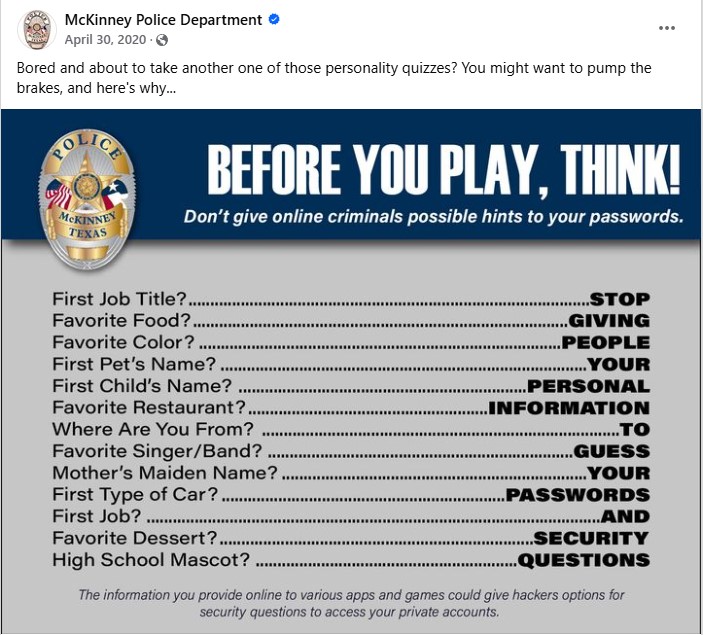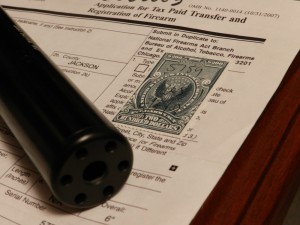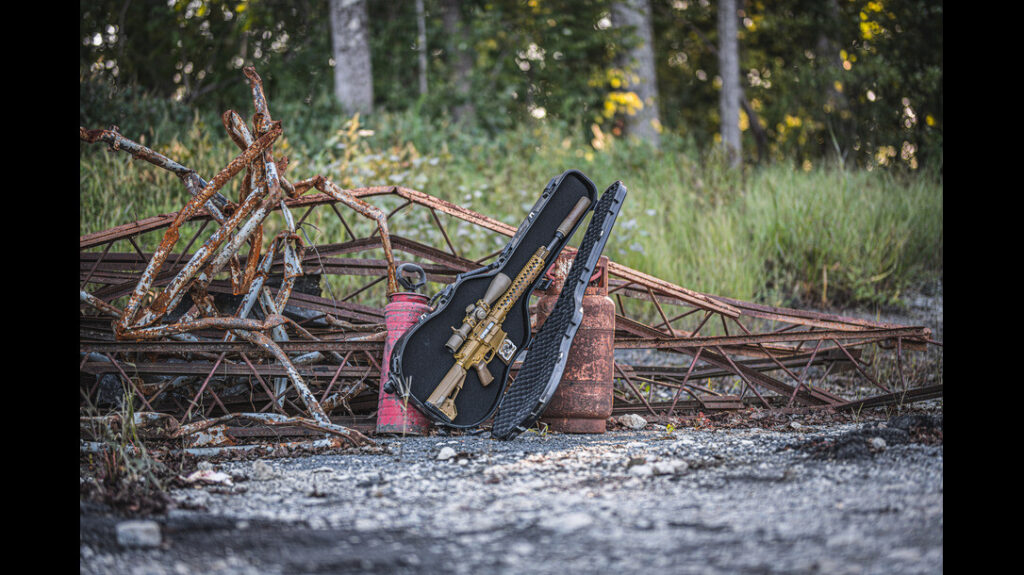Keeping your online accounts secure is critical in this day and age. Identity theft is rampant and costly. While nothing is guaranteed to be foolproof, there are a few strategies you can employ. We’re going to look at two areas – passwords and security questions.
Create Unique Passwords

Passwords are the primary line of defense to keep your online accounts secure. Tim MacWelch, in his book BEAT THE ODDS, wrote that the top 10 most common passwords are:
Advertisement — Continue Reading Below
123456
123456789
QWERTY
Advertisement — Continue Reading Below
PASSWORD
111111
12345678
Advertisement — Continue Reading Below
ABC123
1234567
PASSWORD1
Advertisement — Continue Reading Below
12345
Obviously, anyone should be able to recognize how ridiculous all of those are, despite how common they may be.
Various computer security experts suggest that a good password should be comprised of upper-case letter, lower-case letters, numbers, and symbols. Additionally, it should be at least 12-14 characters long. It should not be a word that can be found in a dictionary. It also should not be the name of person or place, fictional or real. If it looks like random gibberish, it’s probably good to go.
Advertisement — Continue Reading Below
Never reuse an old password. Never use the same password for more than one site or account. When you have to update your password, the new one should be entirely different. Don’t reuse any part of the old password.
A password manager is a great tool, especially if you have several secure accounts and remembering the password for each of them is difficult. WIRED Magazine did a great write up about them.
Enhance The Answers to Your Security Questions
When it comes to keeping online accounts secure, the second line of defense is the security question lineup. They’re there in case you lose access to your account. The idea is that these questions should be difficult for others to be able to answer.
Advertisement — Continue Reading Below
However, the reality is that many of the people in your life can probably figure out those answers, given a little time and effort. But there’s a nifty workaround that can help close that potential loophole.
Here’s the thing. When we’re presented with questions like:
What was the name of your teacher in first grade?
Advertisement — Continue Reading Below
Who was your best friend in grade school?
What was the name of your first pet?
We’re sort of hard-wired to answer them truthfully, right? Fun fact, though. Nobody fact checks your answers. Not only do you not have to answer them honestly, your answers don’t need to make any sense at all.
Advertisement — Continue Reading Below
What was the name of your teacher in first grade? Cloudy with a Chance of Meatballs
Who was your best friend in grade school? Peppa Pig
What was the name of your first pet? Green Eggs and Ham
Can you tell that I’m staring at a stack of my granddaughter’s books as I write this? You could even just come up with your own complete nonsense words for those answers. The only requirement for the answers to the security questions is that you need to be able to remember them.
One last thing regarding keeping your online accounts secure. You know those fun little questionnaires that get passed around on social media? Avoid jumping on that particular bandwagon.
















